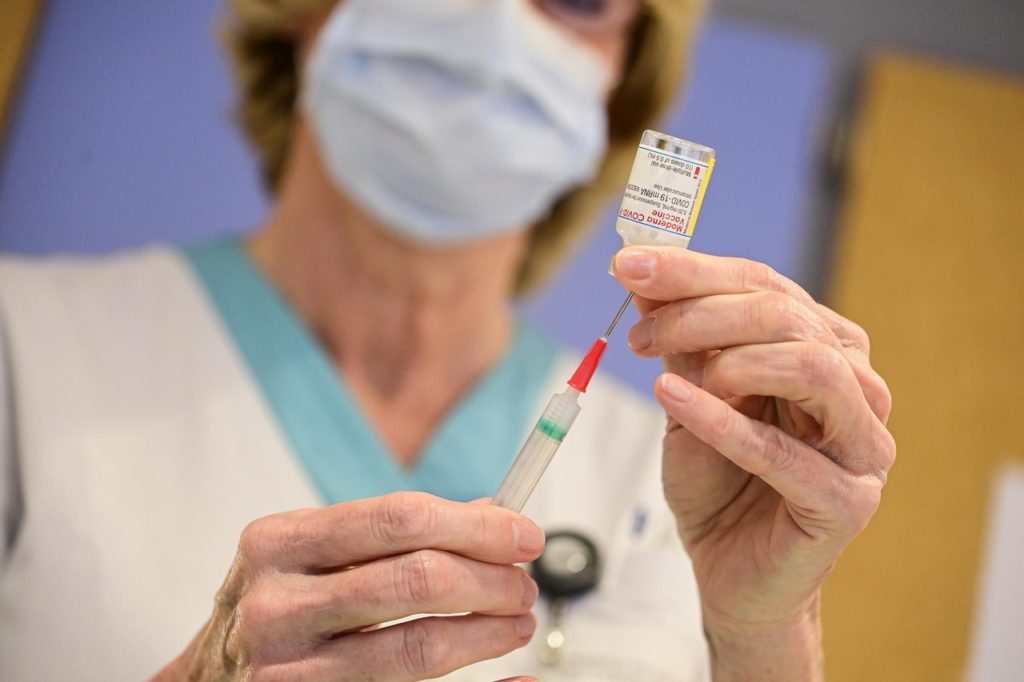A new study poses the question of whether individuals who previously tested positive for the new coronavirus (Covid-19) should receive just one or two shots of the currently approved vaccines.
The research, posted online on Monday, provides evidence that previous Covid patients showed increased antibody levels after both the first and second doses of the vaccine, meaning they might need only one shot.
The report concludes that the antibody response to the first vaccine dose in individuals with pre-existing immunity is in line with or in certain cases even exceeds those found in uncontaminated individuals after the second dose.
Researchers involved stated that, based on these findings, changing the policy to give these people just one dose of the vaccine would not negatively impact their antibody response, whilst freeing up urgently needed doses.
In turn, this could spare them from undergoing unnecessary pain, as the study also showed that those who had previously been infected with the virus were more likely to report suffering from fatigue, headache, chills, fever, and muscle and joint pain after the first shot than those who had never been infected.
Related News
- 'False hope': Experts denounce calls to prioritise vaccines for under 25s
- ECDC begins monitoring vaccinations in EU
Further evidence needed for future vaccinations
Although many scientists support the logic behind this study, others have reiterated that further evidence is necessary before making any changes in vaccination policies. E. John Wherry, director of the University of Pennsylvania’s Institute for Immunology, told the New York Times that more data should be provided, showing that those antibodies were able to stop the virus from replicating.
Starting from next week, close to 60,000 Belgian residents will receive their first dose of Pfizer's corona vaccine, whilst another 5,750 will receive the first dose of Moderna's vaccine
Lauren Walker
The Brussels Times

